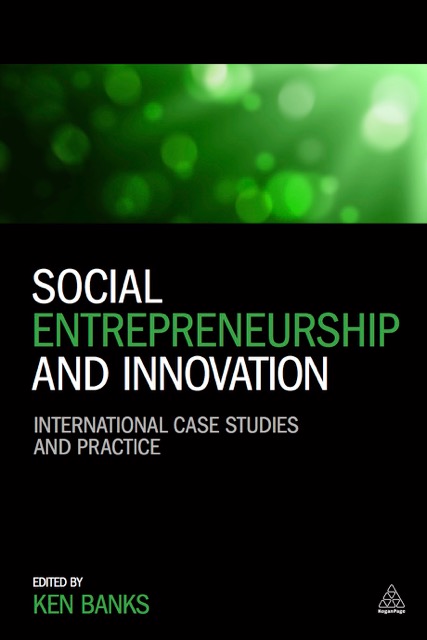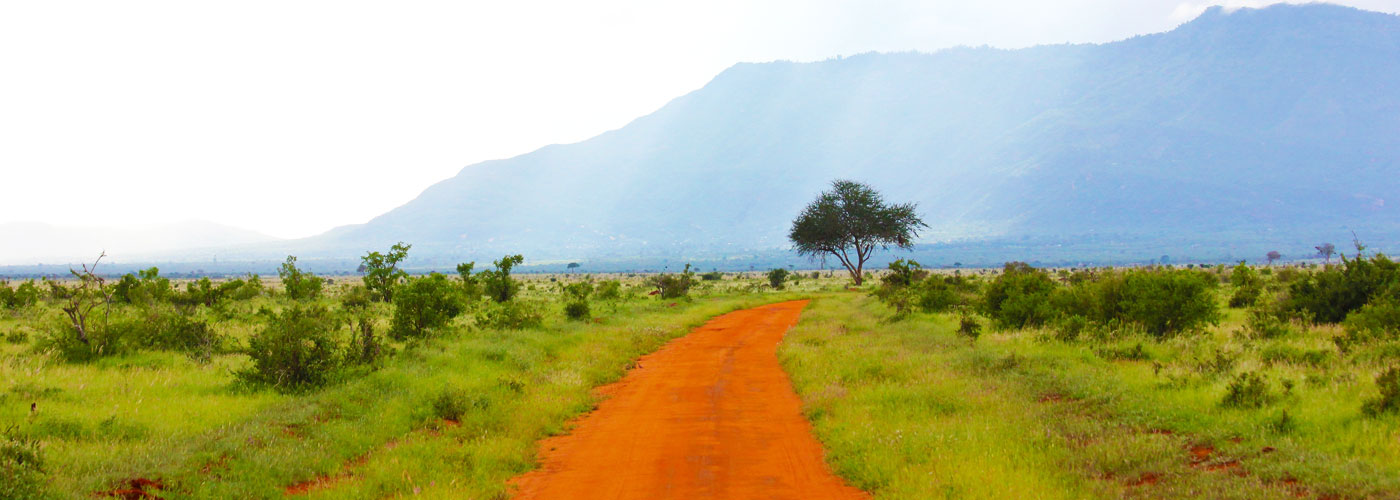As someone who has worked in development for approaching 25 years, built an organization from the ground up and designed a product that has reached global scale, I’ve done my fair share of reading on the subject of social change over the years. Books on the topic are in high demand, and quite a few have been written to try and serve the needs of those curious about their role in helping make the world a better place.
Entrepreneurship is messy; it’s often challenging, horrible, painful, and even frustrating at times. Tweet This Quote
One of the problems I’ve noticed, though, is these books are often written by “experts”—either business consultants or academics—who analyze the field from an outsider’s perspective, unpicking what makes a successful social innovation or entrepreneur. In most cases, these people were never fully active in the field, and even fewer have been entrepreneurs themselves. As a result, most lack the personal experience or connection needed to give the fuller picture.
From an outside perspective, it’s quite easy to apply theories, or turn to business schools to find patterns and structures that make sense of the data. It’s more manageable, and often easier, to think in terms of value propositions, cost structures, and customer segments. Many of these books also attempt to package social innovation into a series of neat steps which, when followed, will lead to a successful social enterprise.
Entrepreneurship is a difficult journey, but because of this, success is even more rewarding. Tweet This Quote
The truth is, entrepreneurship is messier than that. It doesn’t follow a neat timeline; it’s often challenging, horrible, painful, and even frustrating at times. We need to do a better job of making sure more people get the whole story—the good and the bad. Entrepreneurship is a difficult journey, and because of this success is even more rewarding.
Real life innovators and entrepreneurs often reveal this when given the chance to tell their own stories, but their voices are largely missing from the literature. We need to do a better job of giving them a platform to speak first hand about who they are, what they do, and why they do it.

Plugging this gap was one of the main reasons I decided to publish Social Entrepreneurship and Innovation—International Case Studies and Practice. Almost blatantly un-academic in its language, it contains thirteen case studies from around the world written by entrepreneurs—people who have lived on the ground, identified the problems, built the products, and gone through the pain to overcome barriers in order to get where they are today. To not let them share their stories, in their own words, seemed like a large oversight, and something that needed correcting.
I realized the power of first-person stories when I began asking FrontlineSMS users to write about how the messaging platform was helping them in their work. Back in 2005, few people were giving platforms to their users to share their stories, yet for me it was the most inspiring aspect of the work. Not only did it encourage me to go on when things got tough, but it also helped shape my understanding of how the software was being used, and it inspired other users to reach out and deploy it. My personal connection with these users was critical to my, and their, success.
We need to do better at giving entrepreneurs a platform to speak about who they are, what they do, and why they do it. Tweet This Quote
In my new book, I personally know many of the 13 entrepreneurs featured and have had the pleasure of watching their work grow over time. Most outsiders looking at these case studies would have only seen them at the point of success, but I saw them at a point where they didn’t know if they would succeed or fail. Witnessing the journey is as critical as seeing the destination.
The thirteen entrepreneurs in the book tell their stories with a brutal, refreshing honesty. They talk about their childhoods, what their parents were like, and their winding paths to entrepreneurship. No part of their story is glossed over.
From a life-saving project that brings solar-powered lighting to midwives in Nigeria, tools to help activists spread democracy, a massage to relieve the effects of autism and empowering conservation in North Africa, to a news dissemination service that’s grown from small beginnings to have a global impact, each case study in the book draws out the lessons learnt by the innovators, providing guidance and advice for those looking to follow in their footsteps.
If we’re to make progress in finding answers to the big questions facing the planet, then we need all the help we can get. Tweet This Quote
One key objective of the book is to inspire people by ‘humanizing’ entrepreneurs and democratizing social change. Although the individuals achieved great things, there’s no reason why many others can’t follow their path. The book hopes to make their successes feel realistic and accessible to others—especially younger generations.
Young people today are often less cynical, more open to what’s happening around the world, and more eager to help. If we’re to make progress in our search for answers to some of the bigger questions facing the planet, then we need all the help we can get, in particular theirs.
As for me, if I can make use of my 20+ years in international development to encourage others to take an interest, I think that’s a perfectly good use of my time. At this stage in my career, I can’t imagine doing anything else.
Want to Read Ken’s Book?
Use UNREASONABLEBOOK for 20% Off



